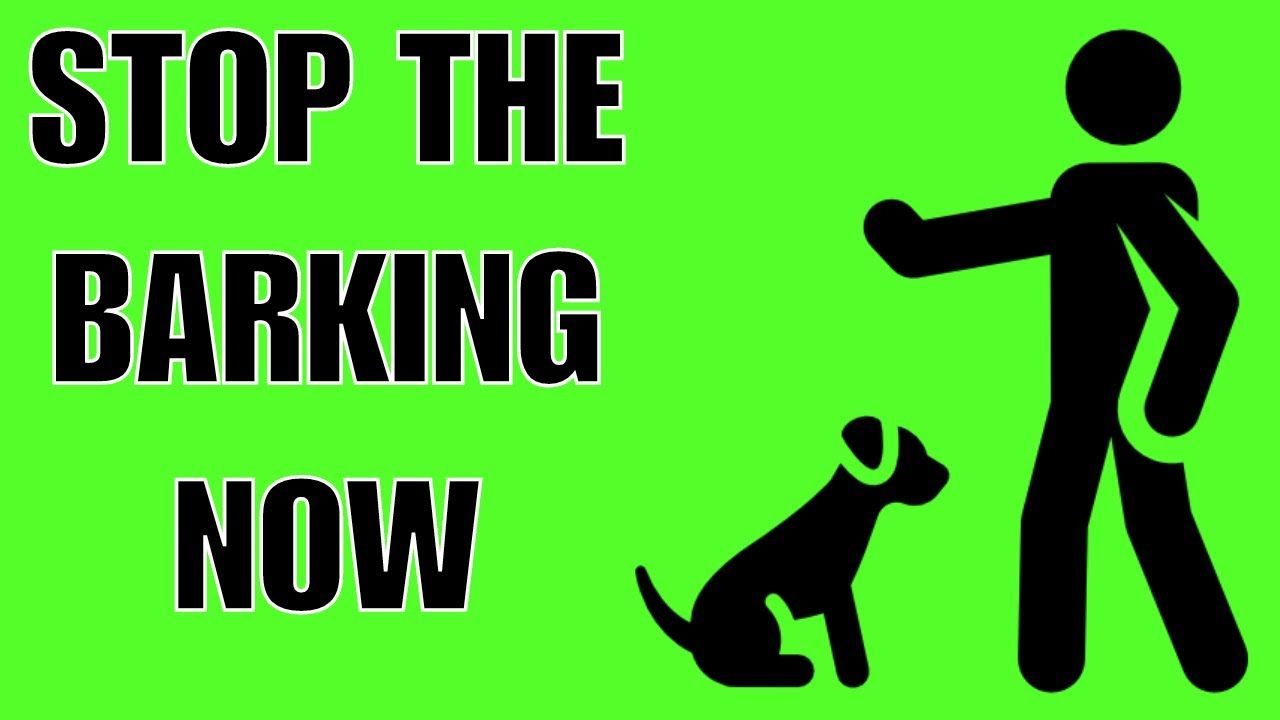“How to Train a Pomeranian Not to Bark?“ Pomeranians are adorable and charming dogs known for their vibrant personalities. However, their tendency to bark excessively can challenge their owners. If you own a Pomeranian and want to curb barking habits, this guide will provide effective strategies and tips to train your furry friend.
The Reasons Behind Pomeranian Barking

Before diving into the training techniques, it’s essential to find out why Pomeranians bark excessively. Here are some common reasons:
Territorial Behavior
Pomeranians have a strong protective instinct. They may bark when they perceive a threat or need to defend their territory.
Attention Seeking
Pomeranians are friendly dogs and often bark to get attention from their owners or family members.
Fear or Anxiety
Like any other dog breed, Pomeranians may bark excessively when scared, anxious, or uncomfortable in certain situations.
Boredom or Lack of Stimulation
Pomeranians are intelligent dogs that require mental and physical stimulation. They may resort to barking out of boredom if they don’t receive enough exercise or mental enrichment.
Establish a Command for Quiet
Establishing a quiet command is one of the first steps in training your Pomeranian not to bark. Choose a simple and consistent word or phrase such as “quiet” or “enough.” Use this command in a firm but calm tone whenever your Pomeranian barks.
Reward your Pomeranian when they stop barking upon hearing the command to reinforce the association. Please give them a treat or praise them with affectionate words. Consistency is crucial to help your Pomeranian understand the desired behavior.
Provide Sufficient Exercise and Mental Stimulation
Pomeranians are active dogs that need frequent exercise to maintain happy and healthy. A tired Pomeranian is less likely to engage in excessive barking. Make sure to incorporate daily walks, playtime, and interactive games into their routine.
Additionally, mental stimulation is essential for Pomeranians as they are intelligent dogs. Puzzle toys, treat-dispensing toys, and training sessions can aid in preventing boredom-related issues and keeping their minds active. barking.
Socialize Your Pomeranian
Appropriate socialization is essential for reducing excessive barking in Pomeranians. Introduce your Pomeranian to different environments, people, and other animals from a young age. This exposure will help them become more confident and less prone to barking out of fear or anxiety.
Enroll your Pomeranian in puppy classes or training sessions where they can interact with other dogs. Positive experiences and reinforcement during these interactions will improve their overall social development.
Use Positive Reinforcement Techniques
Positive reinforcement is a very successful teaching strategy for Pomeranians. Whenever your dog exhibits the desired behavior—such as staying quiet when someone rings the doorbell—reward them immediately with treats, praise, or a favorite plaything. They’ll be more inclined to repeat the behavior because of this favorable association.
Avoid scolding or punishing your Pomeranian for barking, which may create fear or confusion. Instead, focus on redirecting their attention to more appropriate behaviors and rewarding those behaviors.
Seek Professional Help if Necessary
If you’ve tried various training techniques and your Pomeranian’s excessive barking persists, seeking professional help from a certified dog trainer or behaviorist may be beneficial. These professionals can assess your dog’s needs and create a customized training program to deal with the problem.
Keep in mind that each dog is different, so what suits one Pomeranian might not suit another. The keys to teaching your Pomeranian to stop barking excessively are persistence, patience, and positive reinforcement.
Identify Triggers and Desensitize
Pay attention to the specific triggers that cause your Pomeranian to bark excessively. It could be the doorbell, strangers, or other animals. Once you have identified the triggers, work on desensitizing your dog to them.
For example, if your Pomeranian barks whenever someone rings the doorbell, practice simulated scenarios where you or a family member ring the doorbell repeatedly. Use the “quiet” command each time the doorbell rings and reward your Pomeranian with treats and praise when they remain calm and quiet. and create a customized training program to deal with the problem. them for maintaining their composure.
Teach the “Speak” and “Quiet” Commands
Teaching your Pomeranian the “speak” and “quiet” commands can help control their barking behavior. Start by teaching them the “speak” command, encouraging them to bark on command. Introduce the “quiet” command to help them learn to stop barking after they have mastered this one.
When your Pomeranian starts barking, use the “speak” command and reward them when they bark. Then, use the “quiet” command and wait for them to stop barking. Reward them immediately when they do. With consistent practice, your Pomeranian will learn to associate the “quiet” command with stopping barking.
Provide a Safe Space
Creating a safe space for your Pomeranian can help alleviate anxiety and reduce barking. Please set up a comfortable and quiet area where your dog can retreat when overwhelmed or anxious. Fill this space with their favorite toys, blankets, and items with their scent. Please encourage them to use this space when they feel stressed and reward them.
Avoid Reinforcing Barking
Be mindful of unintentionally reinforcing your Pomeranian’s barking behavior. For example, if your dog barks for attention and you respond by giving them attention or petting them, they may see this as a reward for their barking. Instead, ignore the barking and wait for them to be quiet before giving them attention or engaging with them.
Consistency is key in training your Pomeranian not to bark excessively. Ensure that all family members are on the same page and follow the training techniques consistently. This will help your Pomeranian understand the desired behavior more effectively.
Be Patient and Persistent
Training any dog takes time, and It’s critical to have perseverance and patience throughout the procedure. Your Pomeranian may wait to break their barking habits, but with consistent training and reinforcement, you will see progress over time.
Conclusion
How to Train a Pomeranian Not to Bark, Training a Pomeranian not to bark excessively requires patience, consistency, and understanding. By addressing the underlying reasons behind their barking, providing adequate exercise and mental stimulation, socializing them, and using positive mounting techniques, you can help your Pomeranian develop better barking habits.
FAQ
How do you train a Pomeranian puppy not to bark?
How to Train a Pomeranian Not to Bark, Interrupting your Pomeranian puppy’s barking and refocusing their attention is another technique to teach them not to bark: When your Pom starts baying, clap your hands or say “No!” The point is to make your dog stop and look at you. When your Pomeranian puppy stops barking, praise your Pom and give them a tasty treat.
Why is my Pomeranian Barking?
How to Train a Pomeranian Not to Bark, Once you know why your Pomeranian is barking, the easiest way to calm your Pom is to remove or avoid the trigger whenever it’s feasible: For a few days, watch your Pomeranian puppy and record the time and location of its first barking episodes.
How do you teach a Pomeranian a quiet dog?
How to Train a Pomeranian Not to Bark, To teach your Pomeranian puppy quiet, you must make them “speak” at your command: Use a doorbell or other similar trigger to stop your Pomeranian from barking. Say “Speak” to your dog when it begins to bark and give them a treat. Work on it until your Pomeranian responds to commands by speaking. When your Pom barks, say “speak” and wait.

